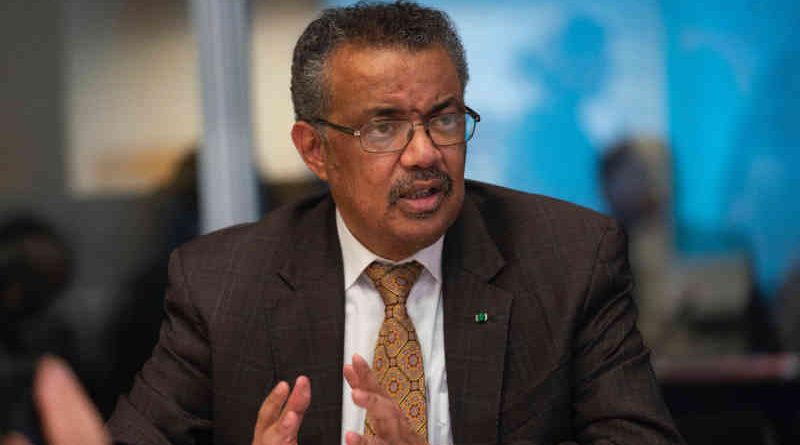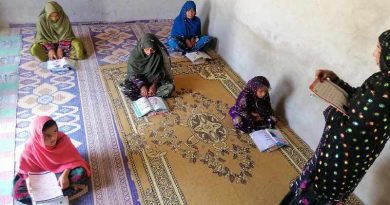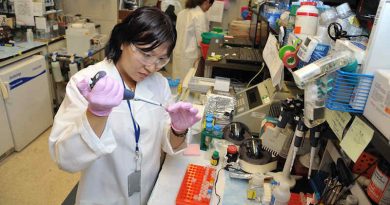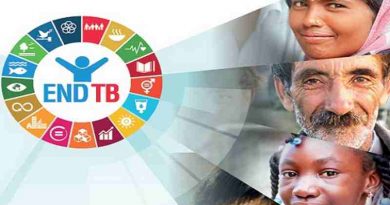Opening Up Without Controlling Virus Is a Recipe for Disaster: WHO Chief
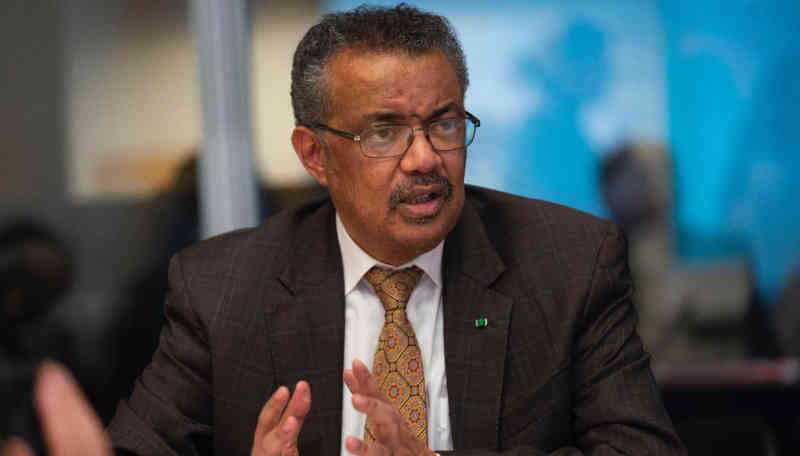
World Health Organization (WHO) chief Tedros Adhanom Ghebreyesus said Monday (August 31) that after eight months of the ongoing Covid-19 pandemic, countries want to get their economies running again. But he advised that the governments, communities, and individuals should take all measures to do so safely.
“If countries are serious about opening, they must be serious about suppressing transmission and saving lives,” said WHO chief. “Opening up without having control, is a recipe for disaster.”
To control transmission, he said it is essential to prevent events that lead to outbreaks. Covid-19 spreads efficiently among clusters of people, with explosive outbreaks linked to gatherings at places such as sports stadiums, nightclubs, and places of worship.
| Download All Issues of Covid Health Bulletin | ||
| April 16-30, 2020 | May 1-15, 2020 | May 16-31, 2020 |
| June 1-15, 2020 | June 16-30, 2020 | July 1-15, 2020 |
| July 16-31, 2020 | August 1-15, 2020 | August 16-31, 2020 |
| September 1-15, 2020 | ||
Tedros said countries experiencing significant community transmission may need to postpone such events. Those seeing sporadic cases or small clusters, on the other hand, can find creative ways to hold events while minimizing risk.
He advocated a focus on reducing deaths by protecting the elderly, people with underlying conditions and essential workers. Countries that do this well may be able to cope with low levels of transmission as they open.
We are 8 months into the #COVID19 pandemic & we understand that people are tired & yearn to get on with their lives, but no country can just pretend the pandemic is over. This virus spreads easily, & we all must remain serious about suppressing its transmission & saving lives. pic.twitter.com/1d2jR5FfvE
— Tedros Adhanom Ghebreyesus (@DrTedros) August 31, 2020
Individuals must play their part by staying at least one meter away from others, cleaning their hands regularly, practicing respiratory etiquette by wearing a mask, and avoiding close-contact settings.
For governments, widespread stay-at-home orders can be avoided if they take temporary, geographically targeted interventions. It is important to find, isolate, test, and care for Covid-19 cases – and both trace and quarantine contacts.

